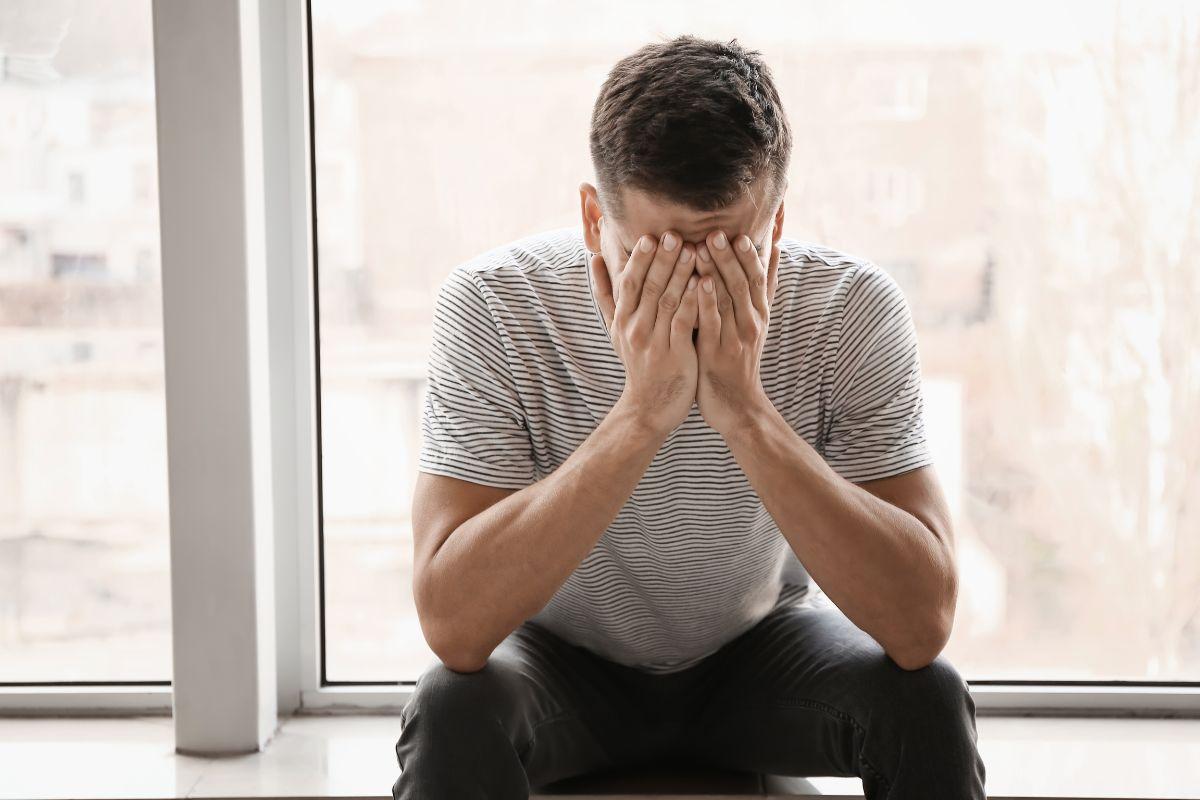Written by Mr Narendra Pisal for Doctify
That feeling of panic when a period doesn’t arrive is an almost universal experience for women. Why is my period late? Am I pregnant? Or just late? There are many answers to why your period hasn’t started on time this month, and here to tell us all about it is Gynaecologist and Obstetrician, Mr Narendra Pisal.
My period is late, does it mean I’m pregnant?
Many women experience late periods and their first thought may be “am I pregnant?” Although there are actually many other common causes for a late period including hormonal imbalances and extreme exercise.
What are the common causes of late period?
- Pregnancy: If there is any chance of pregnancy at all, please do a pregnancy test. You should do this even if you are using contraception.
- Polycystic ovaries: Polycystic ovaries are common and occur in around 22% of women. Some women with polycystic ovaries can also have anovulation (lack of ovulation) and this can lead to a late period. A scan and blood tests may be necessary to make this diagnosis.
- Hormonal imbalance: Thyroid hormone problems or pituitary (a gland in the brain) hormone issues can cause delayed periods. Your doctor will be able to check for this.
- Eating disorder: Eating disorders such as Anorexia can cause reduced body fat and can affect ovarian function leading to late or even absent periods.
- Extreme exercise: Reduced body fat can also occur with extreme exercise, affecting ovarian function and causing late periods. Many Olympic athletes report often missing their periods due to reduced body fat.
- Perimenopause or menopause: Cycles can often be delayed around the time of menopause. This is because of unpredictable ovulation and ovarian function.
- No cause: Sometimes, periods can be late due to no obvious reason. If a pregnancy is ruled out, it is OK to wait for a few more weeks before seeing a doctor. Keep a record of your period dates and any other symptoms you may have.
When would you say a period is late?
When it comes to menstrual cycles, women can have quite a lot of variation. The normal gap between the first day of two consecutive cycles (also known as cycle length) can range between 21 and 42 days. Having said that, many women have regular cycles like clockwork and can often predict their next period accurately to the day.
Knowing your own cycle pattern is important. A lot of women will use a diary or a smartphone app to document their periods. A variation of up to a week can occur because of various factors such as stress, long distance travel, minor hormonal imbalance or no reason at all. Anything beyond a week and you could consider your period as ‘late’.
If you have any concerns regarding late periods, don’t hesitate to contact your GP or gynaecologist. If you have any further questions, please call us at London Gynaecology on 0207 10 11 700.




